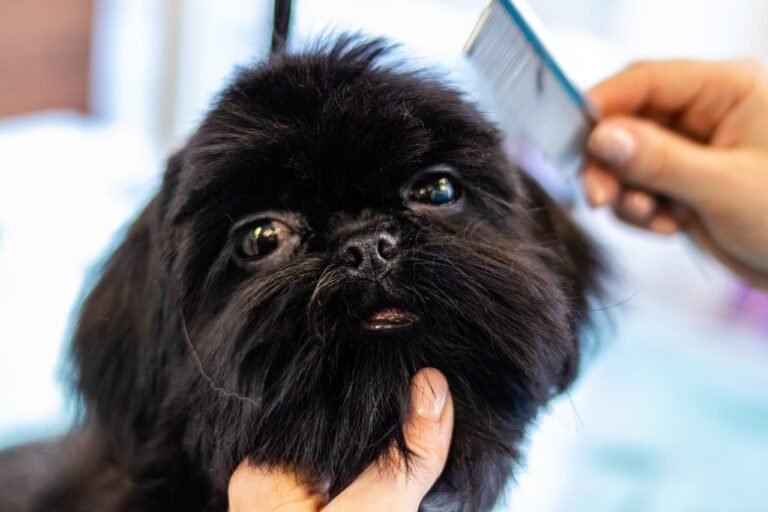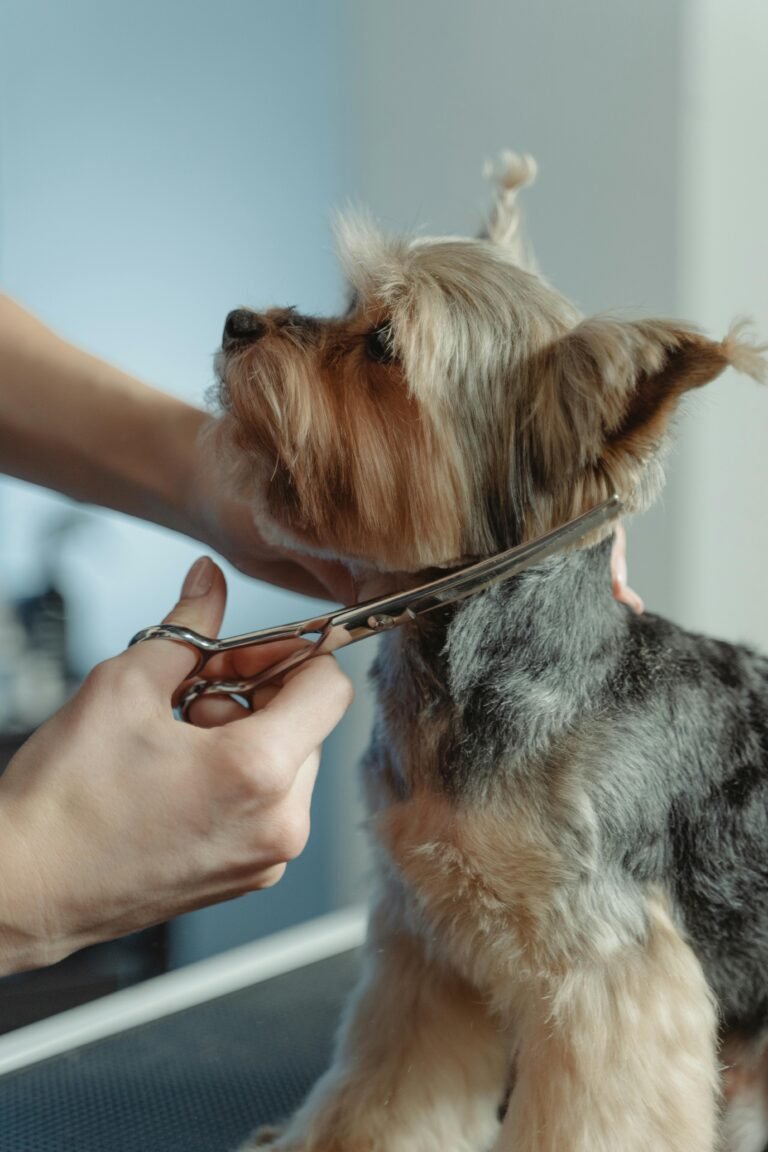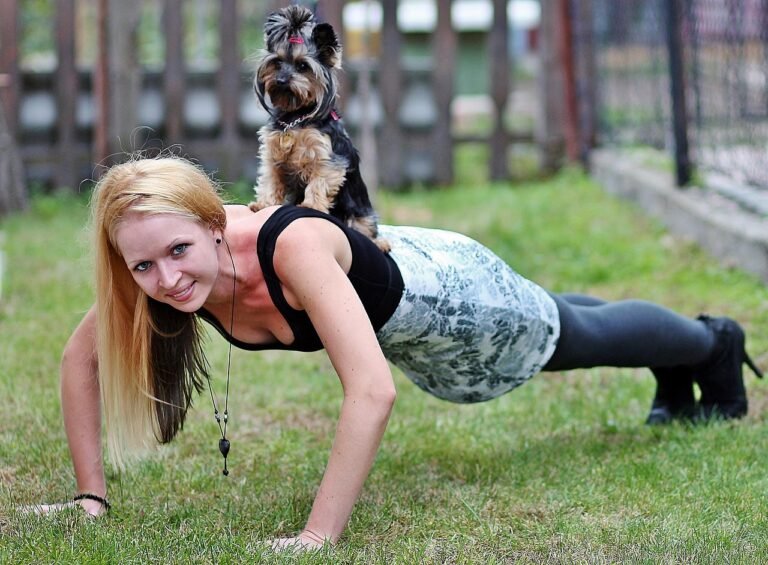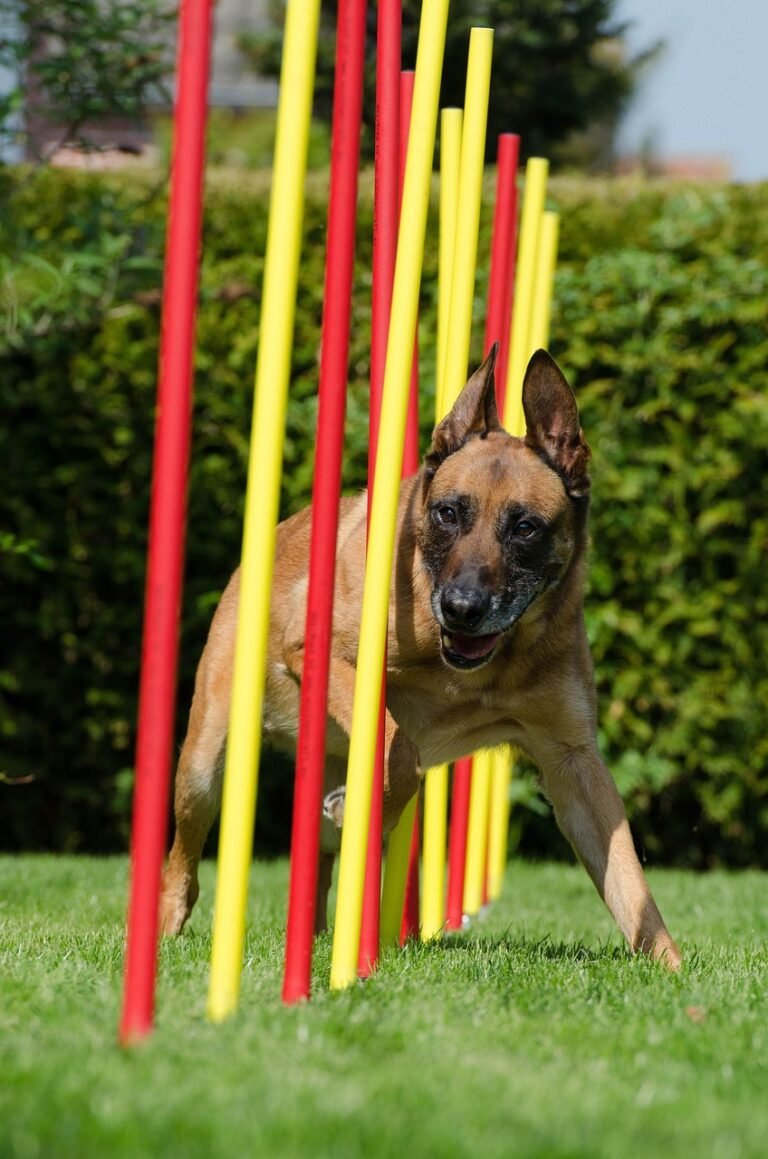You wouldn’t skip brushing your own teeth for a week—so why should your dog? Dental care is one of the most overlooked parts of canine health, and it’s more important than you might think. Poor dental hygiene can lead to plaque buildup, gum disease, and even heart issues.
But how often do you really need to brush your dog’s teeth? Let’s break down the facts, the tools, and how to make dental care a regular, stress-free routine.
How Often Should You Brush?
According to veterinarians and the American Veterinary Medical Association (AVMA), you should brush your dog’s teeth daily. Yes—daily. But even if you can’t hit that target every day, a few times per week can make a big difference in preventing tartar buildup and gum disease.
Consistency matters more than perfection. The more you brush, the better your dog’s dental health will be in the long run.
Why It’s So Important
Neglecting your dog’s oral care can lead to:
- Bad breath (halitosis)
- Plaque and tartar buildup
- Gingivitis and periodontal disease
- Tooth loss
- Systemic infections (heart, liver, kidney)
Brushing helps remove plaque before it hardens into tartar, which requires professional dental cleaning to remove.
What You’ll Need
- Dog-specific toothbrush: These are angled for canine mouths and come in finger brush varieties too.
- Dog-safe toothpaste: Never use human toothpaste—it can contain xylitol, which is toxic to dogs. Go for poultry, beef, or peanut butter flavors made for pets.
- Optional: Dental wipes or pads for dogs that resist brushing.
How to Brush (Step-by-Step)
- Start slow—let your dog sniff and taste the toothpaste first.
- Lift the lips and gently brush in circular motions along the gumline.
- Focus on the outer sides of the teeth—those build plaque fastest.
- Keep sessions short and positive—30 seconds per side is a great start.
- Reward with a treat, praise, or playtime afterward!
Tips for Success
- Pair brushing with an existing routine, like bedtime or after a walk.
- Use high-value rewards so your dog looks forward to the experience.
- Don’t force it—if your dog resists, ease into brushing over time.
Bonus Oral Health Boosters
While brushing is best, you can support your dog’s dental health with:
- Dental chews approved by the Veterinary Oral Health Council (VOHC)
- Water additives that help reduce plaque
- Dental toys that promote gum stimulation
- Annual professional dental cleanings from your vet
Final Thoughts
Brushing your dog’s teeth may not be your favorite chore, but it’s one of the most impactful things you can do for their long-term health. Start slow, stay consistent, and you’ll both get used to it faster than you think.
And that fresh doggy breath? Totally worth it.






